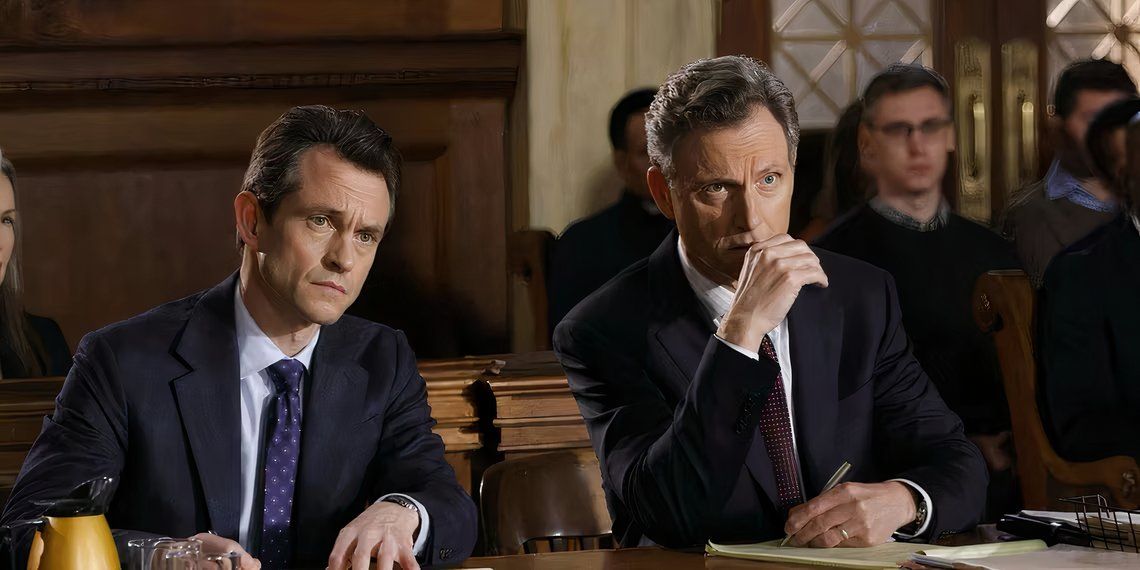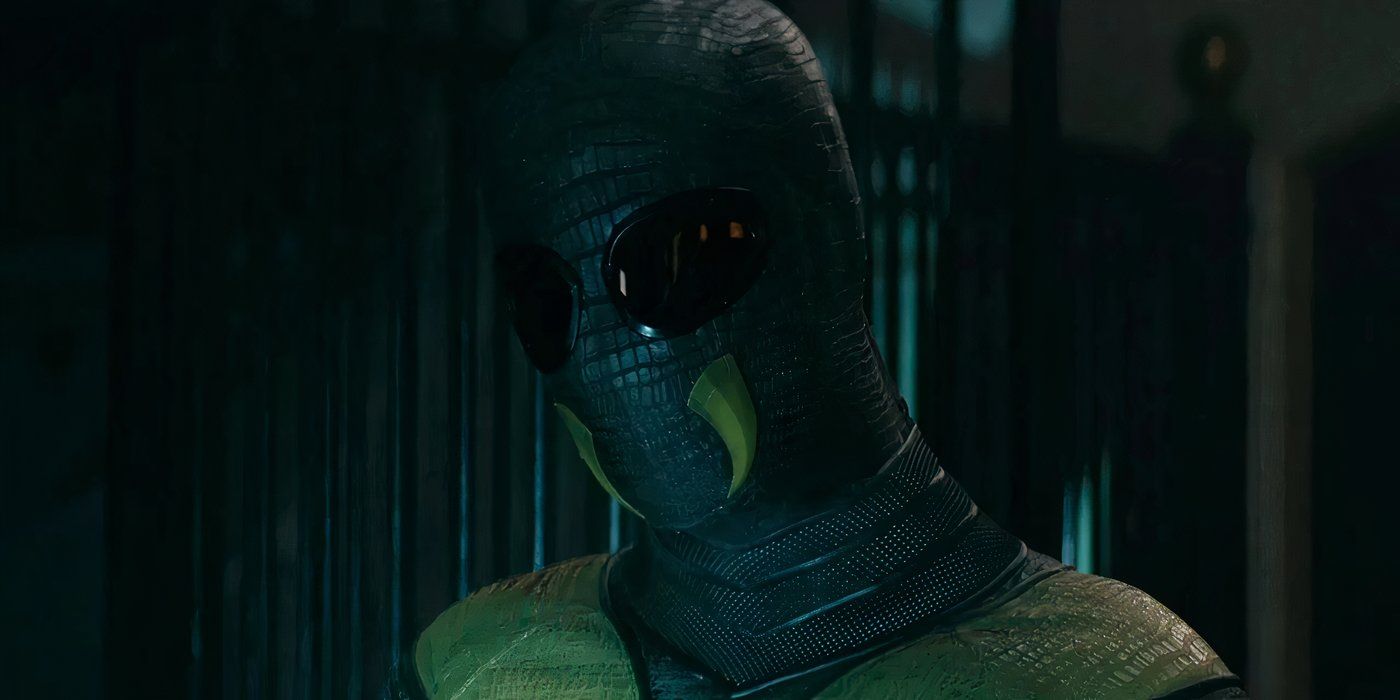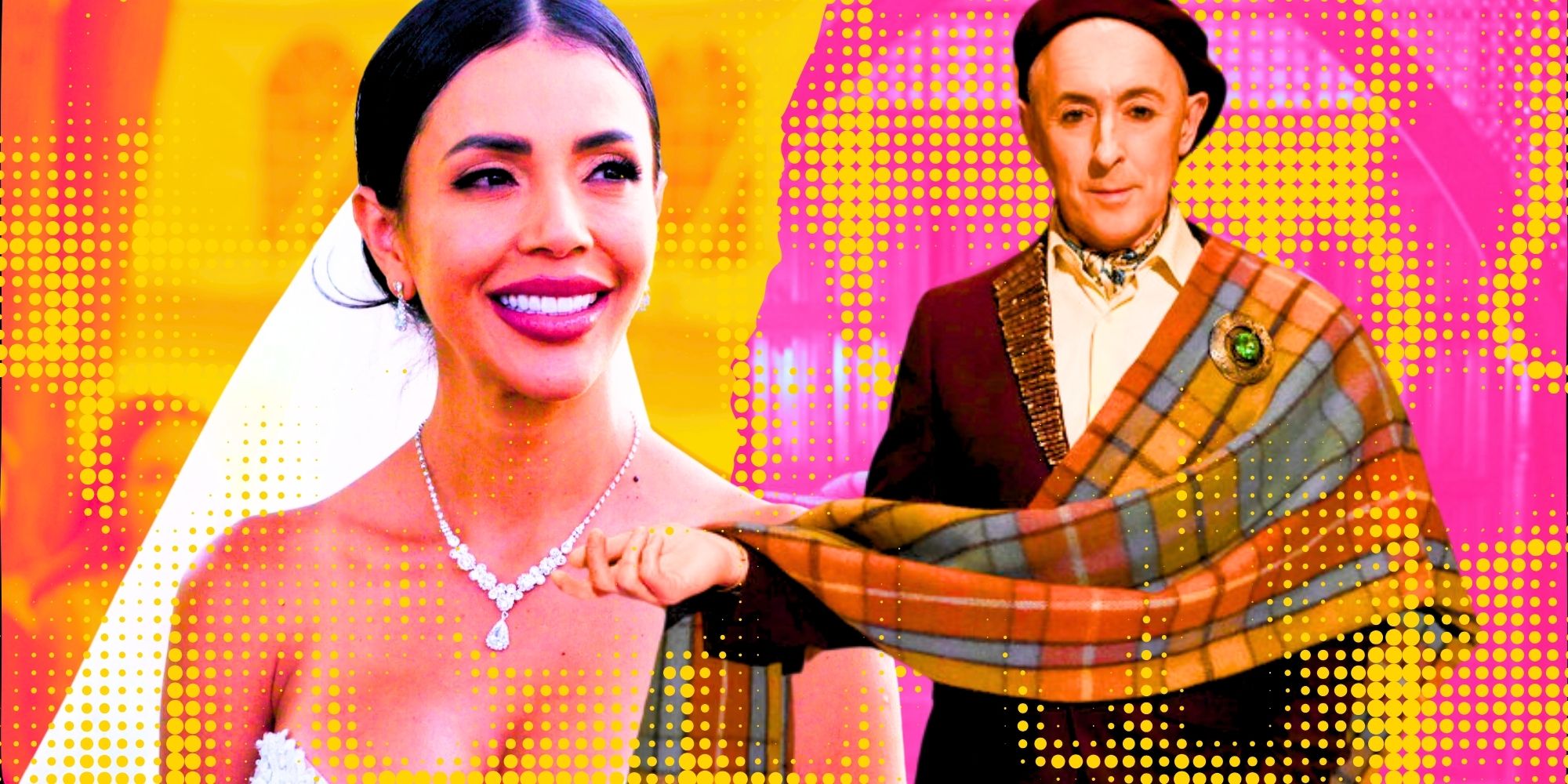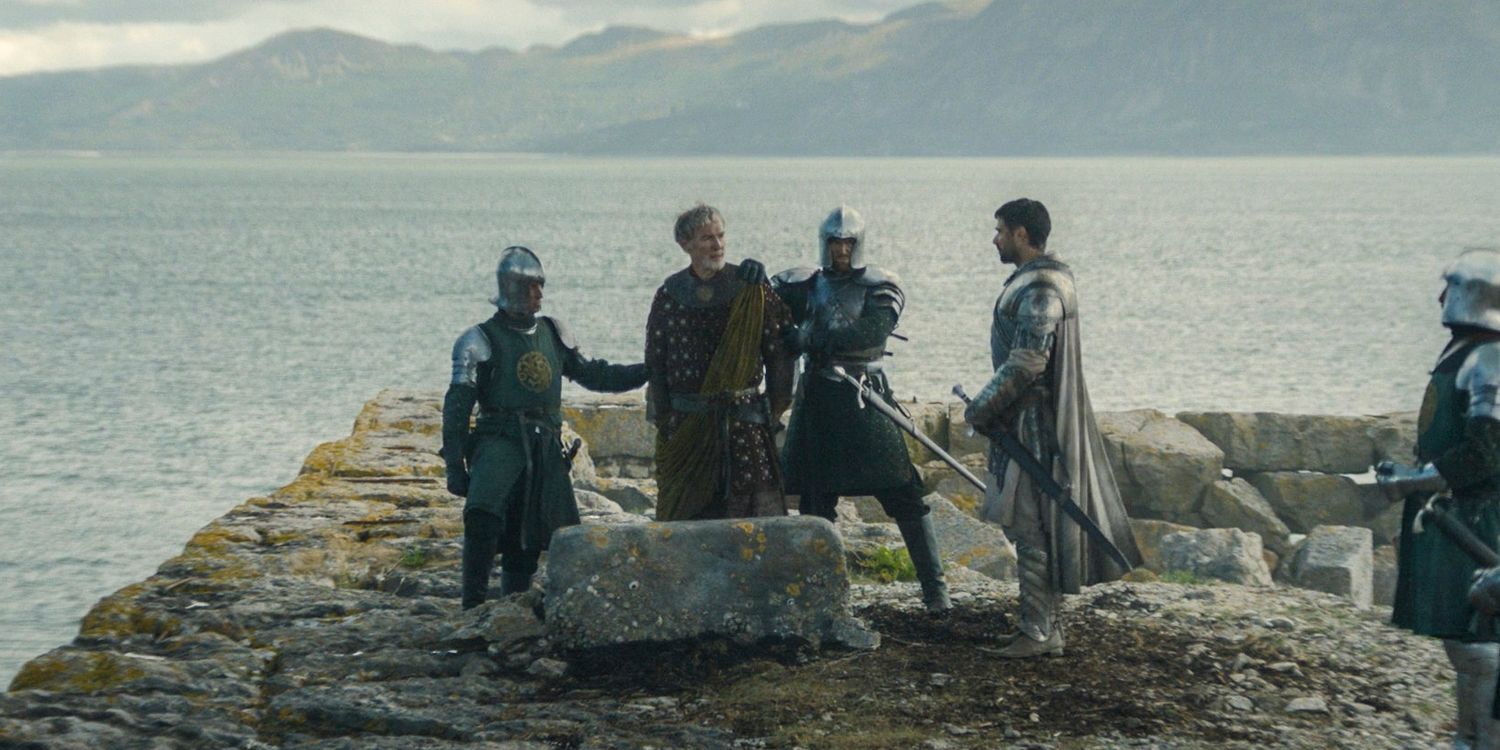Fight Club director David Fincher has responded to the far-right, political fandom that has formed around the movie in recent years, saying he can’t control how people interpret his work. The cult classic follows an unnamed man (Edward Norton) who forms an underground fight club with soap salesman Tyler Durden (Brad Pitt). While the film was polarizing upon release, it has earned favorable critical reception – though has, in recent years, drawn the eye of right-wing advocates.
Speaking with The Guardian, Fincher addressed how the story and characters in Fight Club have become symbols for far-right movements. The director explained his intention was never to appeal to just white men with the film, and that he can’t control how everyone views his work. Check out what Fincher had to say below:
I’m not responsible for how people interpret things. Language evolves. Symbols evolve. OK, fine. It’s one of many touchstones in their lexicography.
We didn’t make it for them, but people will see what they’re going to see in a Norman Rockwell painting, or [Picasso’s] Guernica.
It’s impossible for me to imagine that people don’t understand that Tyler Durden is a negative influence. People who can’t understand that, I don’t know how to respond and I don’t know how to help them.
Why Fight Club Grew Popular With The Far-Right
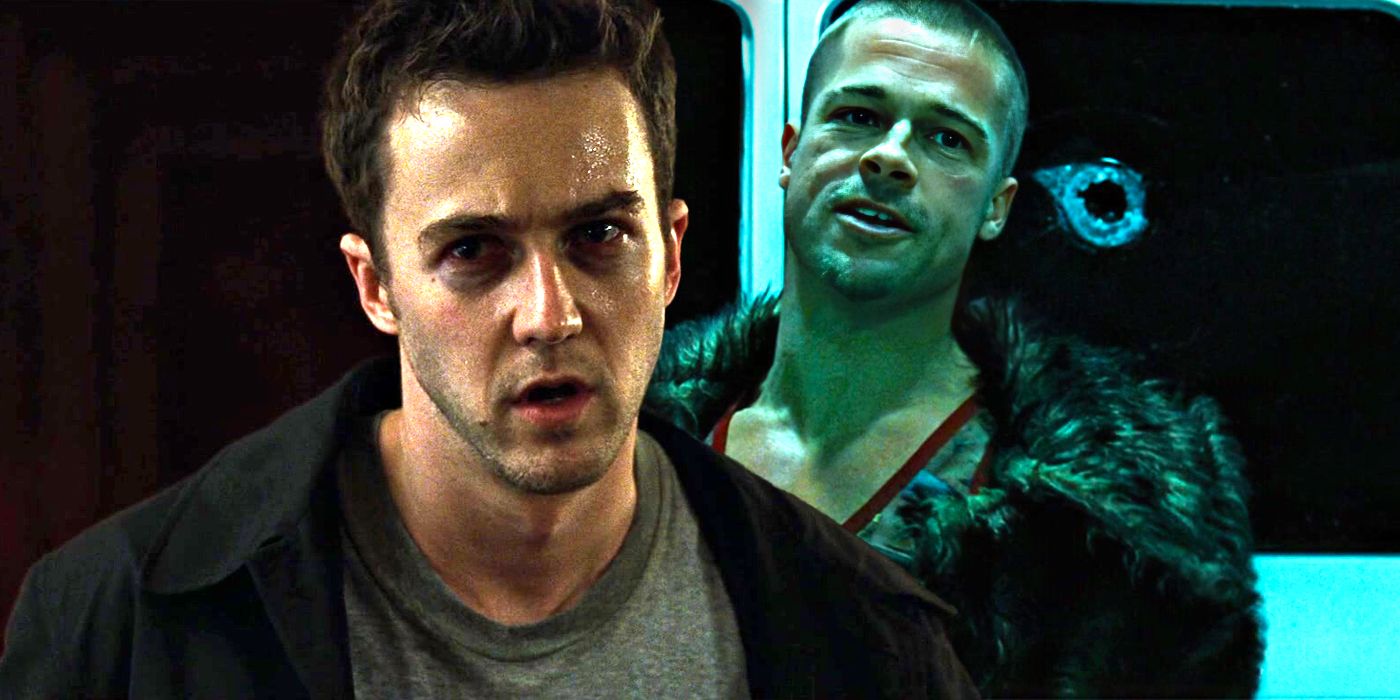
The popularity of the film with male-centric and politically right-wing groups aligns with some of the symbolism and themes present in the movie. The rules of Fight Club appeal to ideas of masculinity that have been used by right-wing groups to entice men to join their movements. This is made all the more appealing because of Norton’s character, whose dissatisfaction with his life until he helps form the Club reflects these movements critiques of modern society.
Tyler’s character is also a symbol of disrupting society, as his ultimate goal in the film is to blow up skyscrapers in an act of terrorism that will erase debt records. To do this, he reshapes the club into Project Mayhem, a vandal group whose actions are centered around disrupting society. By taking Tyler’s actions at face value, right-wing groups use the movie as a symbol for their own attempts at reshaping the world to their liking.
However, the ending of Fight Club sees Norton’s character battle Tyler to destroy Project Mayhem, realizing the group’s radical attempts at social change will only result in innocent people getting killed. While Norton defeats Tyler, his group still destroys their targeted buildings. The final scene of skyscrapers falling can be interpreted as a warning about groups like Mayhem in real life. While far-right movements now see the movie as reflective of their ideals, it only does so if parts of the film’s narrative are omitted or changed to fit their agenda.
